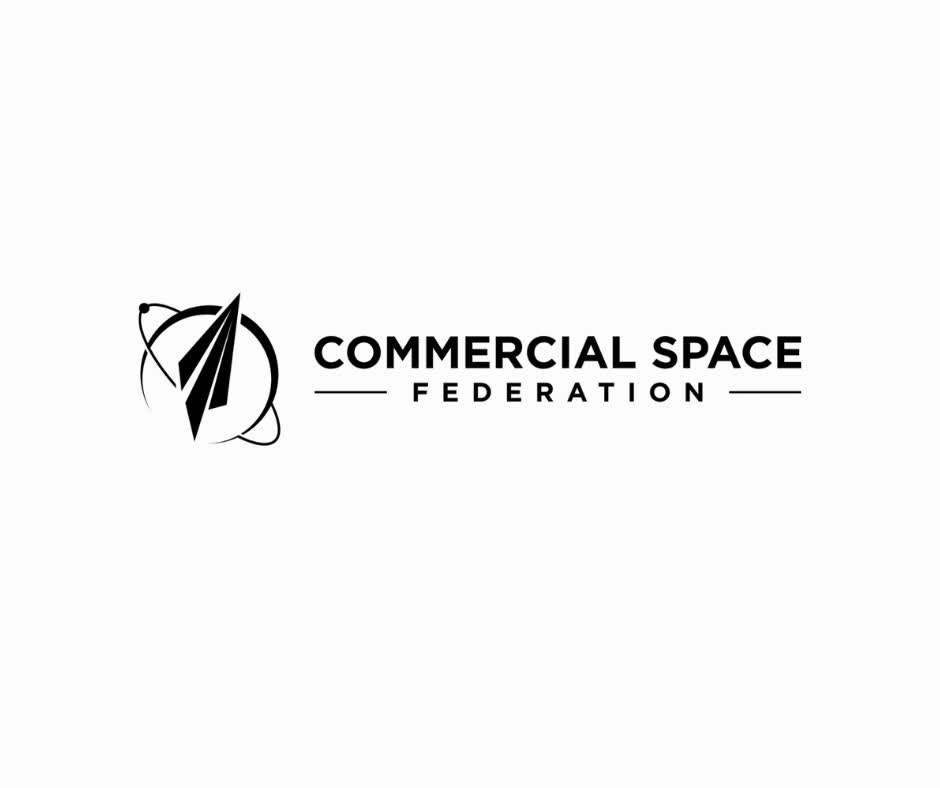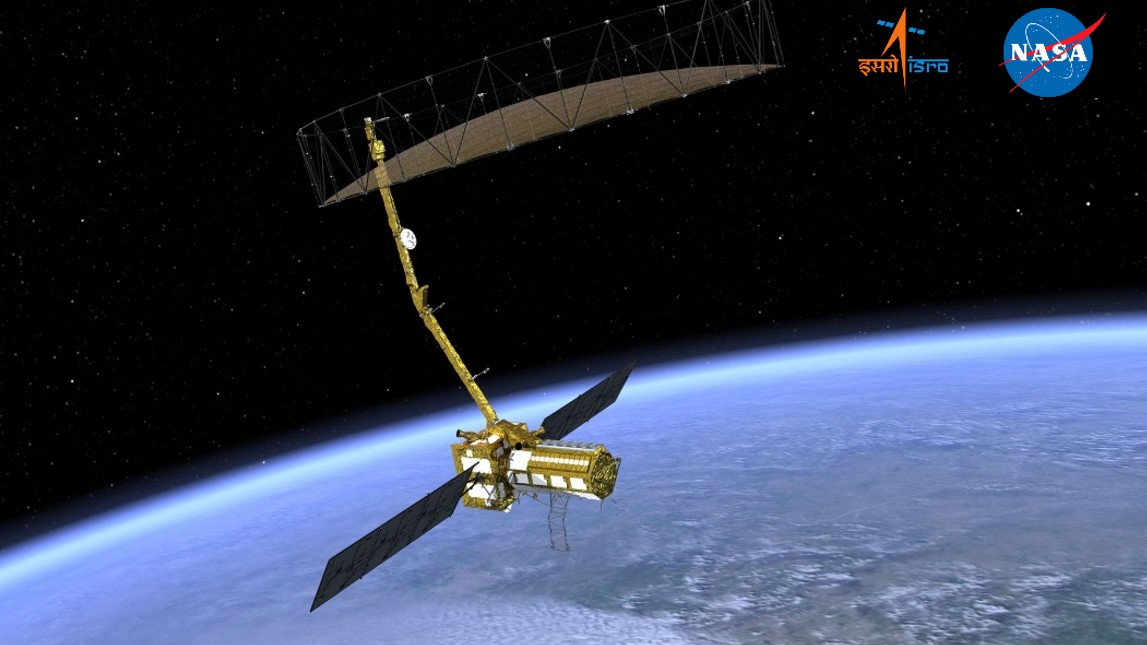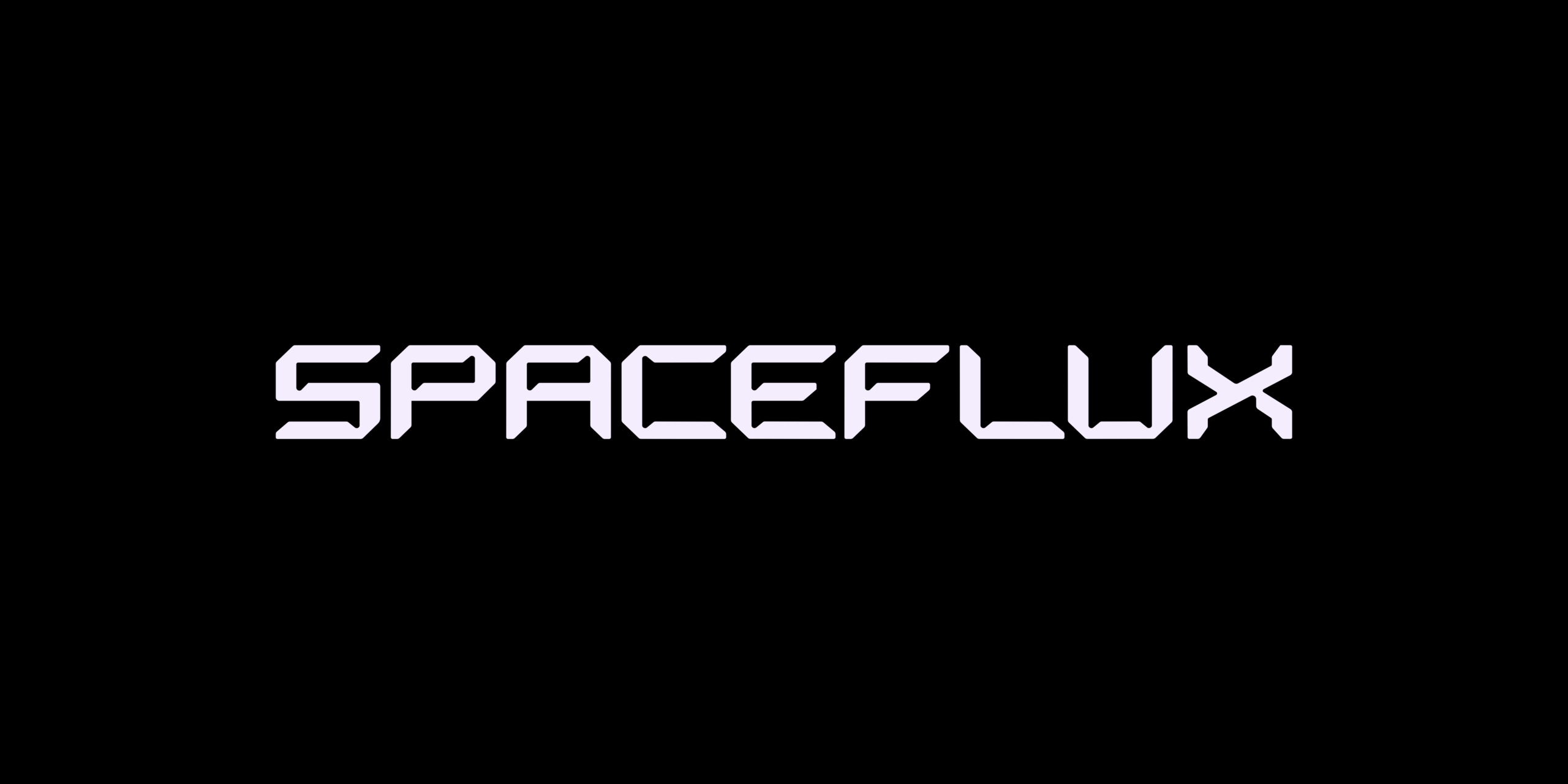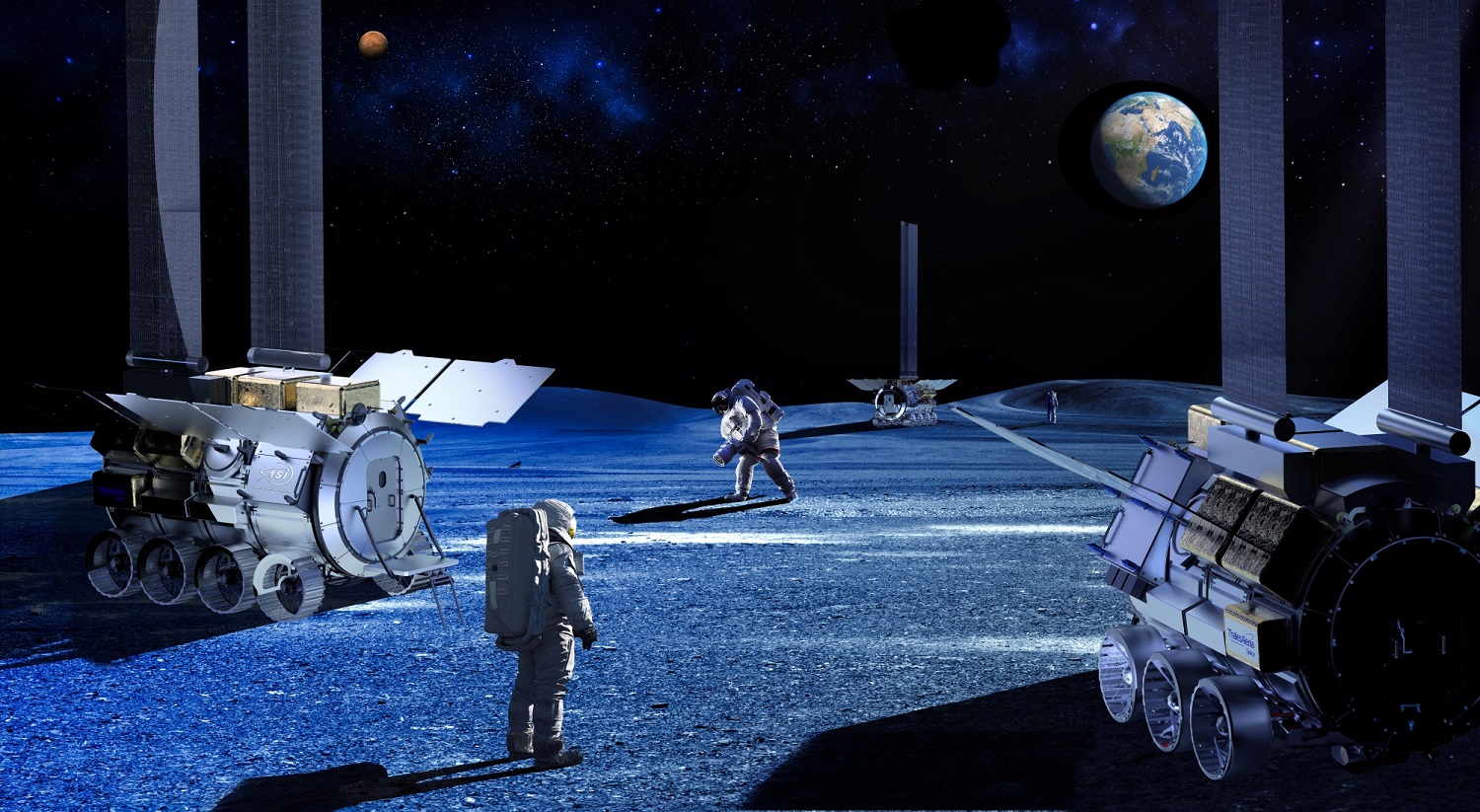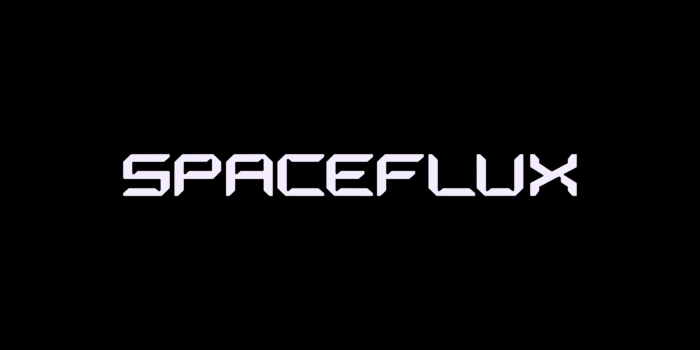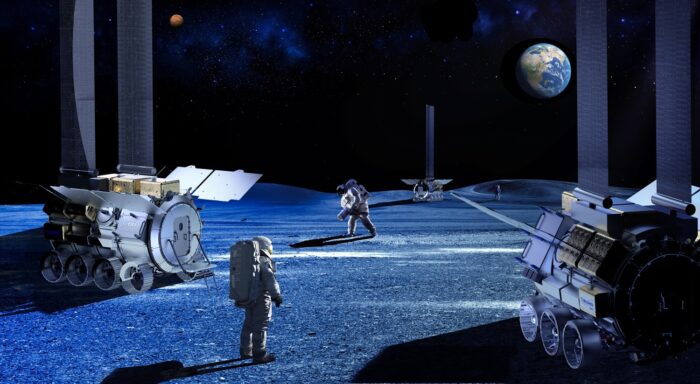As the commercial space sector continues to scale up in complexity and ambition, the strength and stability of its supply chain have become central to maintaining U.S. leadership in orbit and beyond. In response, the Commercial Space Federation (CSF)—the industry’s primary advocacy body in Washington—has launched the Space Supply Chain Council (S2C2). This new council aims to represent the often-overlooked component and logistics providers that underpin every mission.
The Role of the Commercial Space Federation
The Commercial Space Federation (CSF) serves as a voice for the U.S. commercial space industry in Washington, D.C., representing more than 85 member organizations that span sectors from launch providers to space situational awareness companies. As a consensus-driven trade association, CSF advocates for policies that support a competitive and innovative commercial space ecosystem.
Its mission centers on encouraging the U.S. government to integrate commercial space solutions wherever feasible—urging civil, defense, and intelligence agencies to buy from domestic space companies instead of building duplicative in-house systems. This advocacy is aimed not only at maintaining U.S. space leadership but also at fostering a resilient industrial base and supporting economic and national security.
CSF’s reach extends from Capitol Hill to federal agencies, where it often contributes expert advice on space policy and regulation. CSF President Dave Cavossa regularly testifies before Congressional committees, and the organization plays a key role in developing federal legislation, providing comments on rulemakings, and participating in advisory panels.

CSF’s Expanding Council Structure
To advance specific areas of the commercial space economy, CSF operates a series of specialized councils:
- Launch and Reentry – Focused on FAA regulatory streamlining and leadership in orbital access.
- Commercial Low-Earth Orbit (LEO) – Supporting the transition to a commercially sustained LEO ecosystem.
- Space Exploration – Advocating for integration of commercial players in civil and deep-space missions.
- Spaceports and Infrastructure – Addressing infrastructure gaps and spaceport development policy.
- Remote Sensing and Analytics – Aiming to expand Earth observation data use and improve licensing.
- Satellite and SSA – Targeting orbital debris policy, traffic management, and spectrum concerns.
Each council provides a forum to develop policy recommendations, coordinate responses to federal actions, and highlight member concerns to lawmakers and regulators.
Introducing the Space Supply Chain Council (S2C2)
On June 3, 2025, CSF announced the formation of a new industry council: the Space Supply Chain Council (S2C2). This move comes amid shifting trade policies and mounting concerns over industrial base stability, particularly in the face of increased geopolitical tension and rising demand for space infrastructure.
According to CSF, the S2C2 will “define industry sector priorities, recommend policy positions, and provide updates on specific topics that impact CSF members.” It brings together component manufacturers, assembly and integration firms, software providers, and logistics companies—groups that play a vital but often underrepresented role in enabling space missions.
In a press release announcing the council, Dave Cavossa emphasized the importance of such representation:
“We look forward to working alongside the Administration, Congress, and government agencies to support evolving trade policy initiatives, while simultaneously representing the interests of the providers so vital to the U.S commercial space economy.”
Industry Participation and Priorities
The S2C2 launched with participation from several key players:
- Applied Aerospace, which designs and manufactures precision structures and subsystems for spacecraft, launch vehicles, and communications platforms.
- Stratasys, a leader in additive manufacturing, offering 3D printing solutions widely used in aerospace and defense.
- National Air Cargo, a global logistics company whose airline division operates a fleet of wide-body freighters and passenger aircraft to support space and defense operations.
Together, these members represent different but interconnected segments of the supply chain. Their inclusion reflects the council’s aim to identify systemic bottlenecks, align with federal industrial policy, and improve resilience across the sector.
By broadening CSF’s council structure to include supply chain stakeholders, the organization is acknowledging that launch vehicles and satellites depend on a complex web of suppliers—many of which face increasing regulatory, trade, and manufacturing pressures.
Looking Ahead: Trade Policy, Industrial Base, and Growth
The launch of S2C2 comes at a time when U.S. policy on space and trade is in flux. Changes under the current administration, including shifts in export controls and industrial policy, have prompted commercial space companies to reassess how they source critical components and maintain operational agility.
CSF has long argued that the government should send stable demand signals, use multi-year funding mechanisms, and rely more heavily on commercial procurement tools. These positions are especially relevant for supply chain companies, which often require long lead times and capital-intensive production cycles.
The S2C2 is expected to help shape CSF’s broader policy agenda on supply chain issues, such as:
- Identifying and mitigating single points of failure in domestic manufacturing
- Advocating for inclusion of space suppliers in government industrial base assessments
- Supporting the creation of programs to scale up next-generation manufacturing techniques
- Ensuring trade policies do not unintentionally restrict access to commercial space markets
Final Thoughts
The formation of the Space Supply Chain Council marks a strategic expansion of the Commercial Space Federation’s efforts to support the full spectrum of the commercial space economy in America. By bringing supply chain voices to the table, CSF aims to build a more complete and coordinated advocacy platform—one that reflects the interdependence of manufacturers, transport providers, software developers, and integrators in delivering space systems.
As CSF continues to engage with lawmakers and agencies, the S2C2 will serve as a conduit for surfacing the needs of the industrial base that supports U.S. spaceflight. In doing so, it positions the commercial space sector to adapt to policy shifts, secure its infrastructure, and remain globally competitive.
Alyssa Lafleur
Alyssa Lafleur has over 10 years of experience working as a tech and science communicator in industries spanning public health, health informatics, life sciences innovation, cybersecurity, and space tech. Alyssa brings a wealth of knowledge in developing and managing communication strategies that drive value for highly technical industries with thought leadership, community outreach, and brand awareness.
Share this article:

